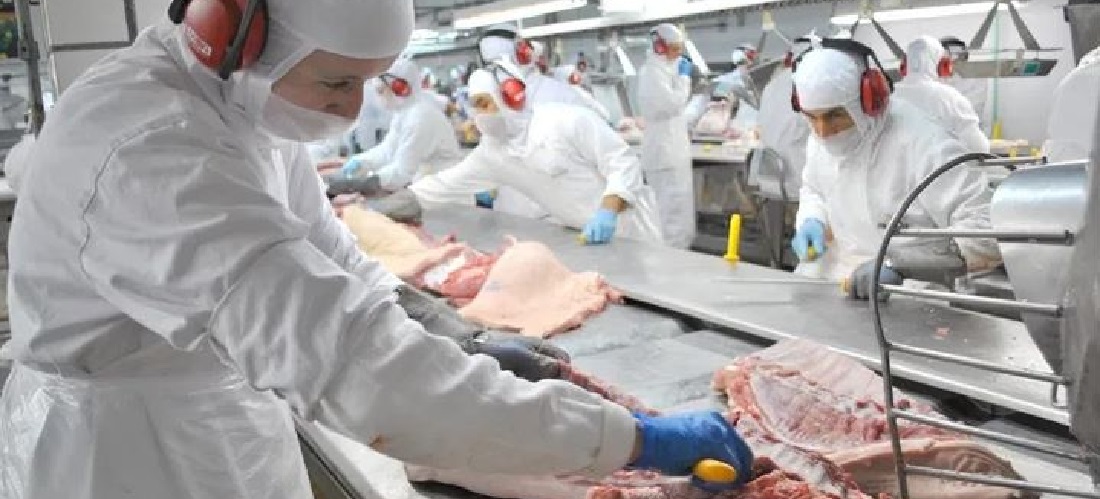
China resumes controls on frozen foods after Covid-19 outbreak
Aug, 05, 2021 Posted by Ruth HollardWeek 202131
The new wave of Covid-19 in China is putting frozen food imports back under intense scrutiny. Authorities act on the controversial argument that it is possible to contract the coronavirus through contaminated packaging.
According to local media reports, cities such as Zhengzhou and Haikou plan to step up surveillance on imported frozen foods to prevent transmission of the virus. Frozen bone-in pork and beef ribs originating in the UK, Brazil, and Canada were collected from a restaurant at the center of a Covid outbreak in Nantong; operators could not provide disinfection certificates or nucleic acid test reports.
See below a history of the volume of reefer cargo exported by Brazil to China as of January 2018. Data are from DataLiner:
Brazilian Exports of Reefer Cargo to China | Jan 2018 to Jun 2021 | TEU
Graph source: DataLiner (click here to request a demo)
Having linked some cases of Covid-19 to imported products, China has argued that the coronavirus can survive in frozen foods and packaging. The World Health Organization and the US Centers for Disease Control and Prevention have stated that the chance of catching Covid-19 from frozen foods is very low.
Despite this, China has continued to test cold food shipments for traces of the coronavirus for months. Earlier in the year, mass testing and disinfection of frozen foods caused major congestion at ports and long delays at customs.
Source: Money Times
To read the full original article, visit the link: https://www.moneytimes.com.br/china-retoma-controles-sobre-alimentos-congelados-por-surto-de-covid-19/
-
Sugar and Ethanol
Jan, 23, 2024
0
Suape Port posts 38% jump in bagged sugar shipments
-
Ports and Terminals
Jul, 14, 2021
0
Port of Natal handling down 21% in the 1st. semester
-
Meat
Jun, 16, 2023
0
Brazilian beef imports into EU up 27% in 2023
-
Grains
Nov, 05, 2024
0
Brazil’s Soybean Exports Expected to Fall Nearly by Half in November, Says Cargonave



